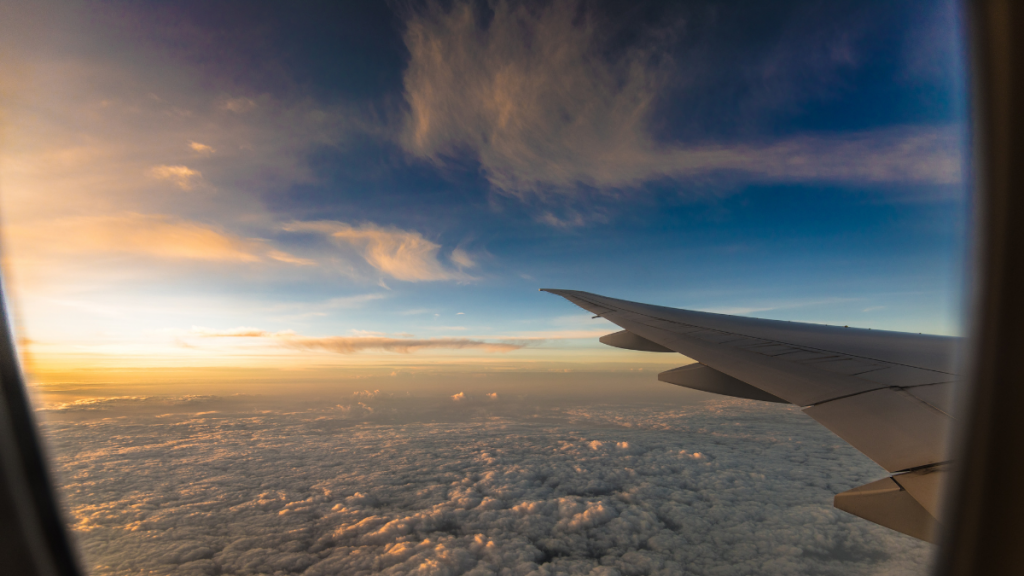The Brazilian government recently announced an innovative initiative to stimulate domestic tourism in the country. The proposal consists of offering airline tickets at a fixed price of R$200, aiming to facilitate the movement of tourists between states and promote the national tourism industry.

Unlike the flight deals While traditional, this measure is a government incentive aimed at boosting the sector at a crucial time of economic recovery.
Participating airlines
The program, which targets Brazil's main tourist destinations, includes the participation of several national airlines, among them:
- Gol Airlines
- LATAM Airlines Brazil
- Azul Brazilian Airlines
- Avianca Brasil (Oceanair)
These companies have shown support for the initiative and are committed to working together with the government to ensure the program's success.
Government incentive, not a promotion.
It is important to emphasize that this measure should not be confused with an airline ticket promotion. Promotions are marketing actions carried out by the airlines themselves, with the aim of increasing sales during certain periods or to specific destinations. However, the government's initiative is a direct incentive to boost domestic tourism.
THE airfare program via R$200 It involves reducing taxes and fees for participating airlines, allowing them to offer lower fares to passengers without compromising the profitability of their operations. Furthermore, the initiative seeks to attract a greater number of tourists to the lesser-known regions of the country, contributing to the economic and social development of these areas.
Expected effects and benefits
The government hopes this measure will bring a number of benefits to the country. Among them:
- Stimulating domestic tourism: With more affordable airfares, more Brazilians will be able to visit and explore the diverse regions of Brazil, boosting domestic tourism and the local economy.
- Regional development: This initiative will contribute to the development of lesser-known regions, attracting investment and generating jobs in the tourism sector.
- Growth in the aviation sector: By facilitating passenger mobility, the program will also boost demand for flights, stimulating the growth of airlines and the expansion of airport services.
The government's initiative to offer airline tickets for R$200 is an innovative and promising measure to boost domestic tourism and strengthen the country's economy. With the support of major Brazilian airlines, the program has the potential to expand access to air travel and encourage regional development. The success of this measure will be an important milestone in Brazil's economic recovery.

My name is Ana and I'm passionate about writing. I dedicate my time to writing news and job openings daily on the portal. Job Vacancy RJ.